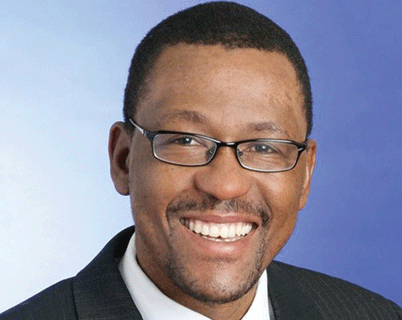
ZIMBABWEANS are in shock over the recently reported salaries earned by senior managers at our public enterprises. The shock is, however, not surprising considering that the figures cited are beyond the imagination of any ordinary citizen.
By any standards, the state of Zimbabwe’s economy and its public sector finances and indeed the private sector, does not have the capacity to absorb such high salaries.
As Health minister David Parirenyatwa observed, it’s like these senior civil servants are operating from quite a different economy.
The Zimbabwe Broadcasting Corporation (ZBC) chief executive officer (CEO) Happison Muchechetere was reported to be earning about $40 000 a month when ZBC has been struggling, and was failing to pay its workers for six months.
As if that was not bad enough news, the Premier Service Medical Aid Society (PSMAS) is failing to pay its debts of around $38 million and its members are denied medical services while its CEO earns $230 000 per month.
His management team’s total salary bill is about $1,1 million per month. The City of Harare (HCC) City Clerk is reportedly earning $37 000 per month while his management colleagues earn round about the same amount.
The HCC figures have not yet been confirmed going to Press, but the mayor, Bernard Manyenyeni, suggests they are correct.
Again, service delivery in Harare is pathetic to say the least! Residents are forced to pay bills and rates for services that are non-existent or are below standard. These are textbook examples of bad public administration!
- Chamisa under fire over US$120K donation
- Mavhunga puts DeMbare into Chibuku quarterfinals
- Pension funds bet on Cabora Bassa oilfields
- Councils defy govt fire tender directive
Keep Reading
At the beginning of the unravelling of salary scandals, a narrative was put across suggesting that the salaries were in line with market rates. The market rate that was being referred to could only be the shadow market; meaning the opaque market operated away from the scrutiny of the public.
There is no way responsible public institutions in a struggling economy such as Zimbabwe can claim market rates as high as recently seen. Market rates remuneration should be driven by, among other things, the ability to administer a business entity that achieves its core business goals while living within its means and observing its stewardship responsibilities. These elements are lacking at ZBC, PSMAS and HCC.
The supply-demand principle of market rates which hypothesises that well-qualified, result-based effective managers should be compensated highly because they are in demand does not hold water in these circumstances. In all cases, all these senior managers don’t deserve the amounts they earn for two reasons. First, they have failed to deliver on their mandate for which they were hired.
Second, the market they operate in does not have the capacity to sustain such high salaries.
Any business entity would fail to meet its liabilities and even provide services to its customers if it has a cost structure such as PSMAS, ZBC and HCC’s. This includes the private sector. If a huge part of revenues was diverted to underpin high executive pay, then a company would be starved of operating capital resulting in low utilisation capacity, company viability problems, and subsequently, job losses.
A lot of people are waiting to see what will happen to the culprits.
How the government resolves this issue will determine the amount of political capital it would lose or gain from the citizens.
People of different political stripes are united on condemning this scandal. In addition, people are already asking how government failed to dictate such an anomaly, which suggests weak oversight. Taking effective corrective measures will help put in place effective oversight measures that eliminate this form of corruption.
The government’s response is even more crucial because such excessively high salaries are a cause for the wide inequality gap. If more of such salaries exist, which is most likely, this becomes a systemic problem which imposes a high burden on the economy and quality of life of citizens.
People, for instance, get sick or die if they live around sewage-filled environments or cannot access medical services.
High salaries are fuelled by greed, and greed is a dangerous thing because it creates an uncaring, selfish attitude which is destructive.
If these senior civil servants were not greedy, they would understand that public institutions are not gold mines, but bodies that provide stewardship of public assets. They are formed to provide services to citizens, not act as troughs for civil servants.
The obscene salaries are a result of what Finance minister Patrick Chinamasa noted in his 2014 budget speech; the slow pace of reform for public enterprises.
Now, the government has been handed an impetus to expedite the reform process characterised by effective oversight and good corporate governance principles.
We need to deal with this weakness; otherwise it will help the economic sanctions destroy the country.
Kuthula Njokweni is a Zimbabwean based in Canada










